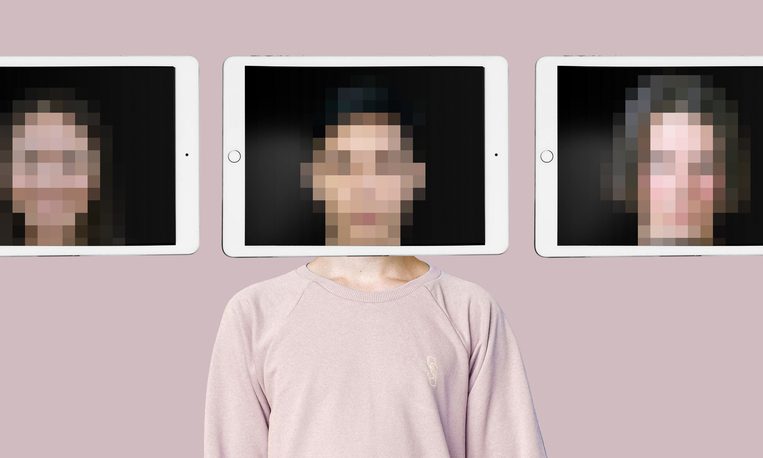
The recruiting and hiring process is being disrupted by AI deceiving recruiters and slowing processes as deepfakes flood the job market. As AI becomes more prominent in talent acquisition, the challenges continue to grow.
AI Issues and Impact: Deepfakes and Overwhelming Applications
A deepfake, according to Merriam-Webster, is “an image or recording that has been convincingly altered and manipulated to misrepresent someone as doing or saying something that was not actually done or said.” The technology to create deepfakes isn’t new, but with AI advancements, it has become more difficult to spot.
Deepfakes particularly affect remote tech and cybersecurity jobs, but any online job application is susceptible. Deepfakes also pose cybersecurity threats—if a hiring manager falls victim to a deepfake, the company could face a security or data breach.
But just how prevalent are deepfakes in talent acquisition? The answer is very. Gartner predicts one in four candidate profiles worldwide will be fake by 2028. It only takes 70 minutes, and no previous experience, to create a deepfake job candidate, according to research from cybersecurity firm Palo Alto Networks.
The quick pace at which deepfakes can be made means hiring managers may be overburdened by fake job applications, slowing down the hiring process and making vetting candidates more difficult.
How to Address Deepfakes and AI Challenges
As AI keeps becoming more sophisticated, it may become even more challenging to address deepfakes and other disruptions in talent acquisition. High-quality screening during hiring may be the key to discerning legitimate candidates from fake applicants.
Start by educating yourself on how to identify common signs of deepfakes. Deepfakes may use face filters on photos or video calls, audio sync may be off, or your interview questions may be fed through a service to help answer them. Knowing how deepfakes work can also alert you to red flags during screening. Stay aware, as preventive measures can’t guarantee deepfake detection.
Consider expanding or improving your candidate screening with these strategies:
- In-Person Interviews: Some companies are bringing back in-person interviews during the hiring process to weed out deepfakes.
- On-Camera Verification: If you see signs of face filters, ask the candidate to raise their hand in front of their face to disturb the filter.
- Assess Resumes and Cover Letters Carefully: An AI detector and tell-tale signs of AI-generated content can help identify lies.
- Ask Unique Follow-Up Questions: If you suspect a candidate in a video interview may be using AI to answer your questions, ask a different type of question.
Let the Experts Handle Your Hiring
Express Employment International supports the Express Employment Professionals franchise and affiliated brands, including Specialized Recruiting Group and Express Healthcare Staffing. The Express franchise brand is an industry-leading, international staffing company with franchise locations in the U.S., Canada, South Africa, Australia, and New Zealand.

Last Updated on February 12, 2026